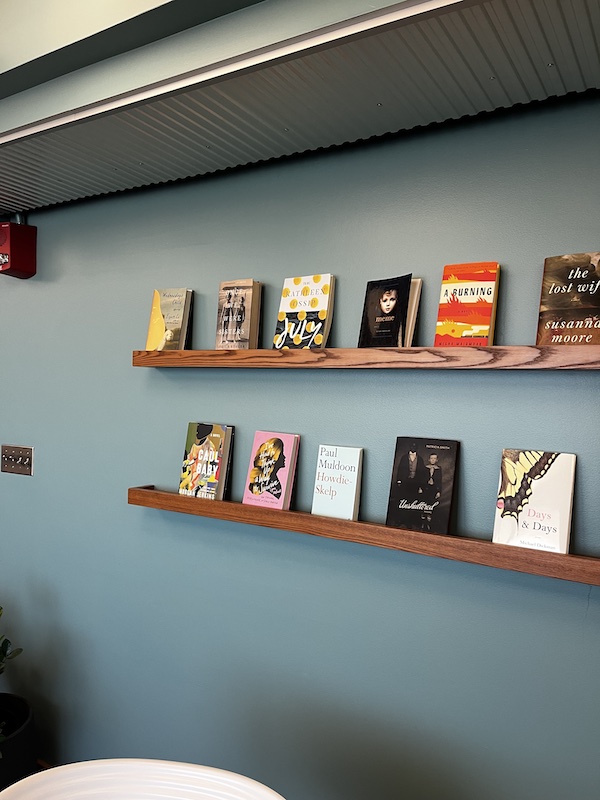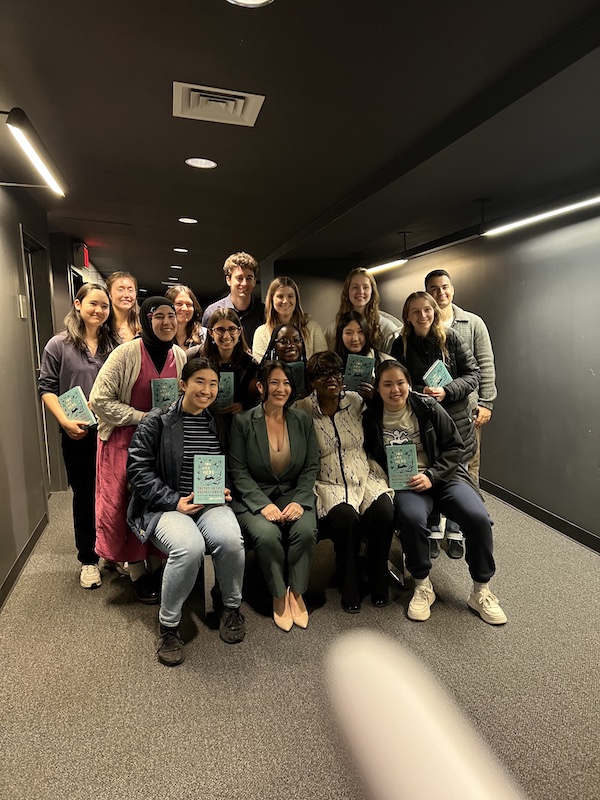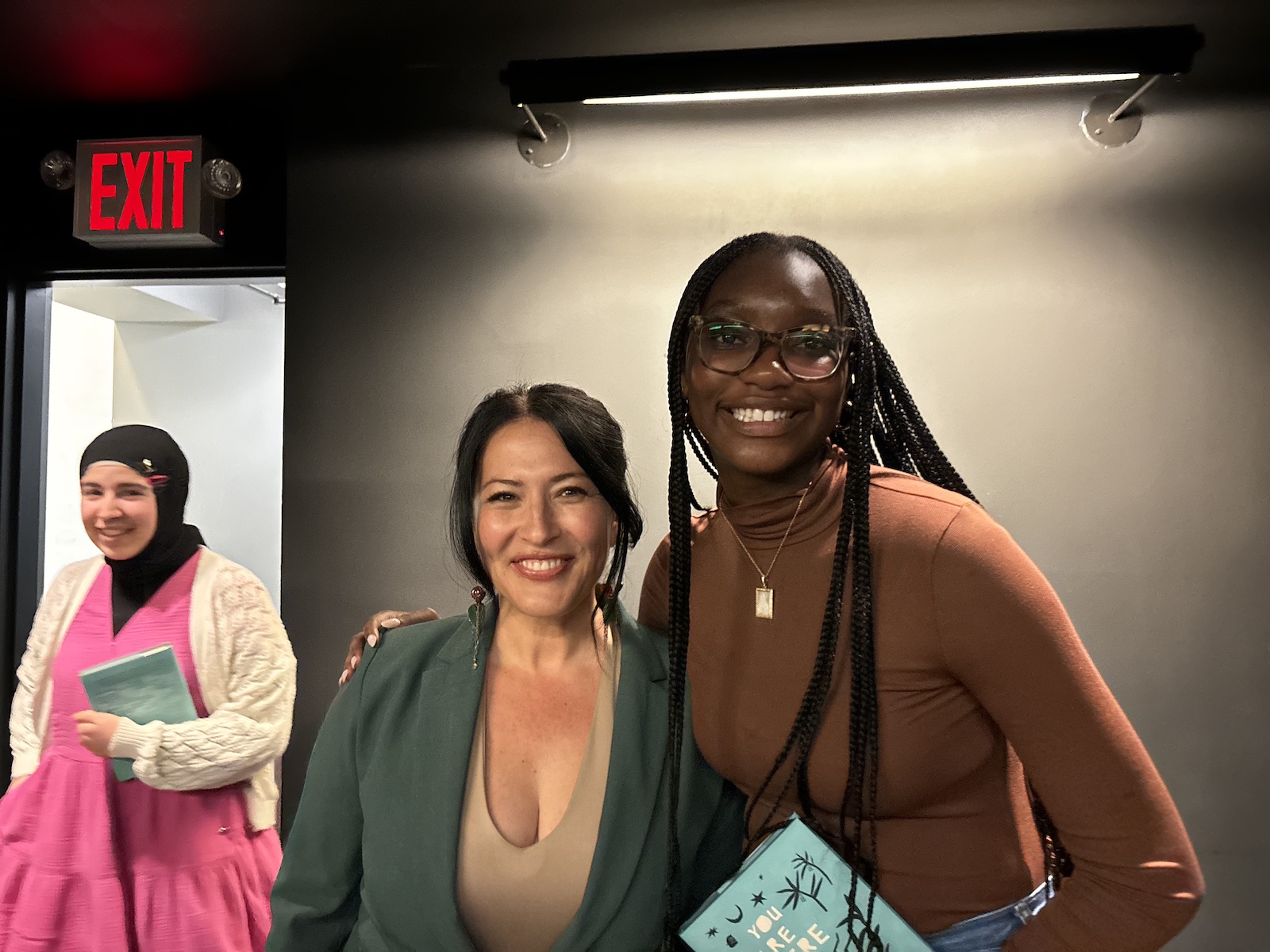Like many of my peers on campus, long before I stepped foot on Princeton's grounds, I dreamed of attending this school. It was my absolute dream school — by every definition of the term. And whenever someone asked me why I was so hellbent on fulfilling this dream, I'd have two words for them — Creative Writing.
Since early in my childhood, I knew I wanted to be a writer. I swallowed any book that was handed to me and would spend hours during summer vacations typing up tales of my own. When I was finally old enough to think about college and all it could offer me, the one thing I knew was that I wanted to go somewhere I could write — and write well. Princeton charmed me. So many of the professors who filled its Creative Writing department were known to me from the bookshelves of my household. A.M. Holmes, Paul Muldoon, Tracy K. Smith. I knew if there was anywhere where I could fulfill my dreams of becoming a good writer, it would be Princeton. And so it became my dream school. And when I arrived on campus last autumn, I was committed to making my Princeton Creative Writing dreams come true.

Unfortunately, I ran into a couple of issues. Sometimes, Creative Writing classes at Princeton can be challenging to get into. For class camaraderie, these courses are typically limited to 10 people. Additionally, 2-3 spots are saved for students of each class year. In my case, for the Introductory Playwriting class I dreamed of taking last autumn, exactly two seats were reserved for first-year students. So, on the day of course enrollment, I crossed my fingers and hoped for the best. When the clock struck 7:30 am and it was time to hit the "enrollment" button, I found that my Princeton Creative Writing dreams were not over yet. I had somehow snagged one of the two first-year seats. Thus, my creative journey at Princeton could begin. And the start of this journey was everything I dreamed it would be. My playwriting course was wonderful. So many of our class sessions were filled with enticing laughter, helpful feedback, and nuanced discussions. My professor seemed to have an unlimited fount of advice for all of us young playwrights. And I ended the semester with a budding portfolio of plays I was proud of. It was indeed a dream.
The next Creative Writing course I sought at Princeton was Introductory Poetry. On the day of course enrollment, I found myself in a very similar position to the beginning of the fall semester. 2 reserved spots for first-years. Crossed fingers. Hopes for the best. Unfortunately, it seemed that my playwriting luck had run out. When the clock struck 7:30 am, the class had filled up instantaneously, and I was gutted.
Moreover, amid my melodrama over not getting into a class I wanted to take (for the first (and likely not last) time in my Princeton career), I somehow convinced myself that this failure meant the end of my Creative Writing journey. Luckily, I had some older (and wiser) Princeton peers who had run into similar failures during their time at Princeton and encouraged me to talk to the powers that be within the Creative Writing department. So I marched to the New South building (home of Creative Writing on campus), ready to plead my case. Luckily, the department's Program Manager was satisfied with my passion for writing. After a 5-minute monologue on why I wanted to take the course, she tinkered around and secured me a spot. My dreams were not defeated. In fact, with this simple act of kindness, these dreams began to transform.

I had chosen to take Introductory Poetry off the advice of my playwriting professor. According to him, poetry courses help with writing dialogue for plays. So, as excited as I was for the course, I had low expectations for the quality of writing I'd produce. At this point in my life, writing poetry was not my passion. However, this quickly changed when I met my ebullient professor, Patricia Smith. Her love for poetry radiated throughout our classroom. She encouraged us to find our poetic voices, be confident, and learn from one another's writing. Thus, we came to every class striving to learn more, write better, and craft a poem that touched its readers.
Additionally, in a short time, our class became a little community. We'd rave about one another's poems long after feedback sessions had concluded. We'd share poetry over email and text from our favorite poets. We even channeled our poetic passion into organizing a class field trip to see the Poet Laureate, Ada Limón, in New York City. With the support of our gracious professor, our class caught a train to New York City, ate dinner at a yummy Ethiopian restaurant, and attended one of the most beautiful poetry readings of my lifetime — hearing nature poems from some of the nation's most renowned poets. (We even got to meet Ada Limón afterward!)

When I returned to my dorm that evening, buzzing with the energy of the beautiful poems I'd heard and the wonderful memories I'd formed with my classmates, I felt confident in the fact that I wanted to be a poet. While I'd spent most of my life knowing that I wanted to be a writer, I'd never felt as passionate about one specific writing medium as I did about poetry. With my professor's encouragement, I could use what I'd learned in playwriting the previous semester to write dramatic poetry. For the entire month of April, I was encouraged to write one poem a day — 30 poems in 30 days. I devoted this month to creating characters and bringing them to life via poetry. It was challenging but so rewarding.
As my first year at Princeton concluded, I felt proud that I could no longer say I wanted to be a writer. Instead, I could say I am a writer. I had a portfolio. I knew the kind of work I wanted to produce. In 9 months, I had learned so much about myself and my creative aspirations. I had made my Creative Writing dreams come true.







